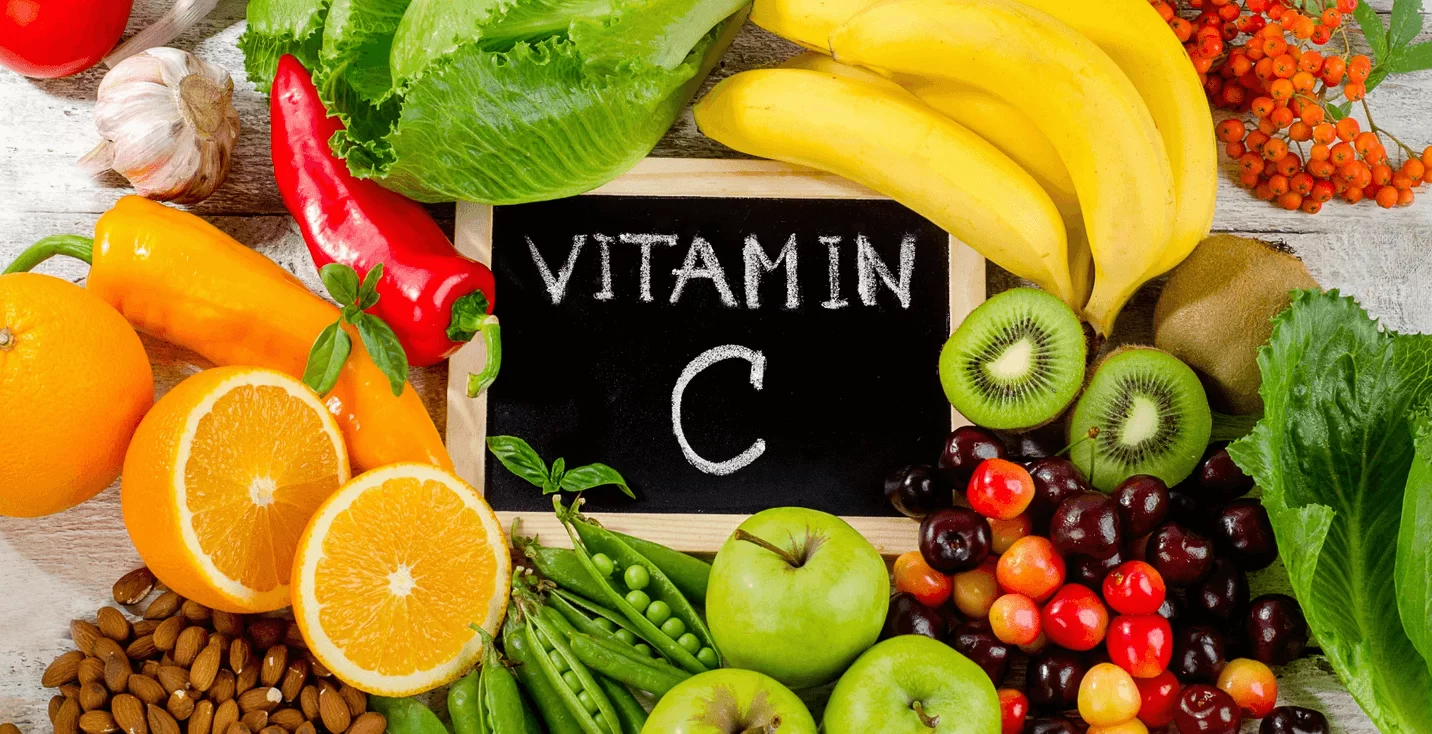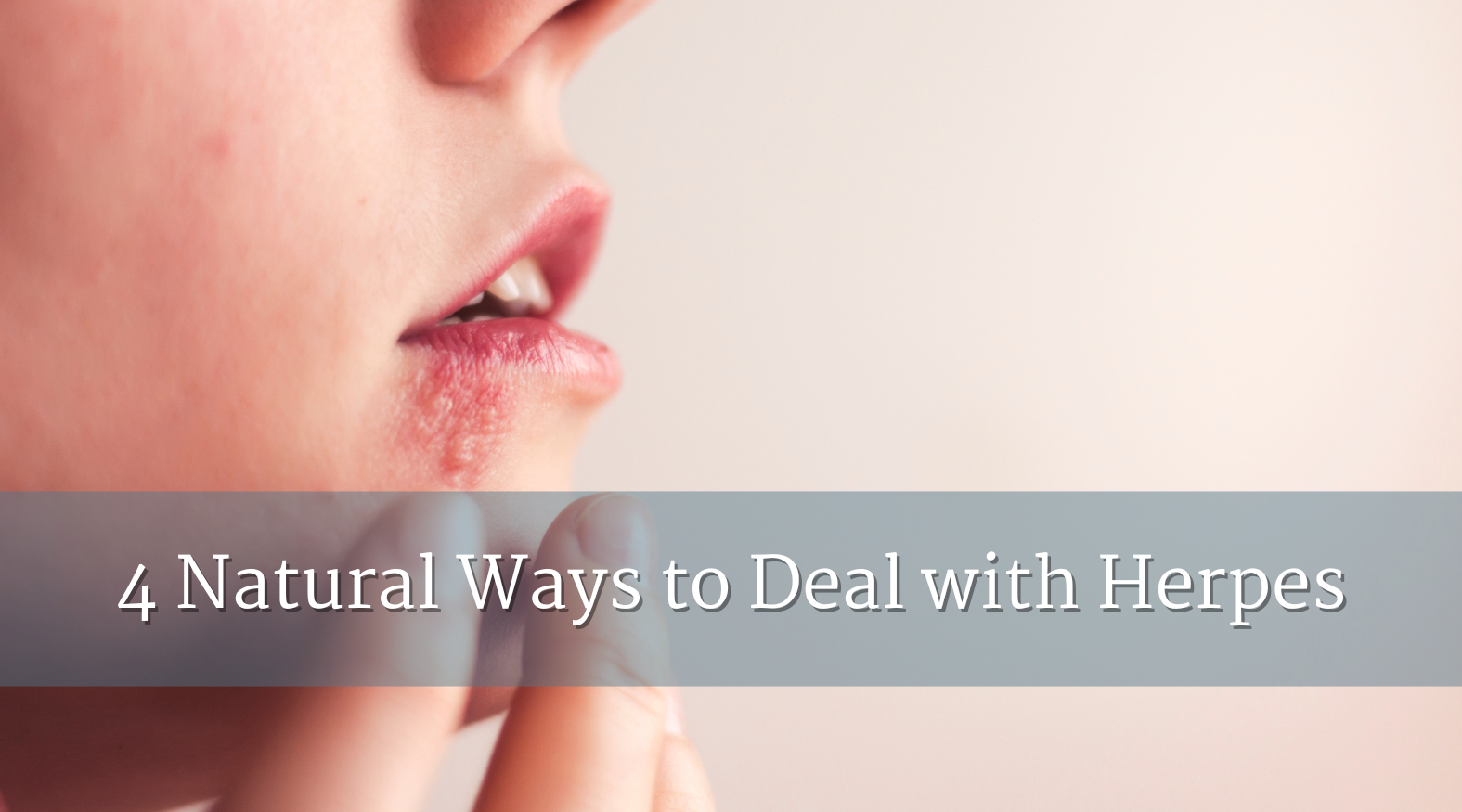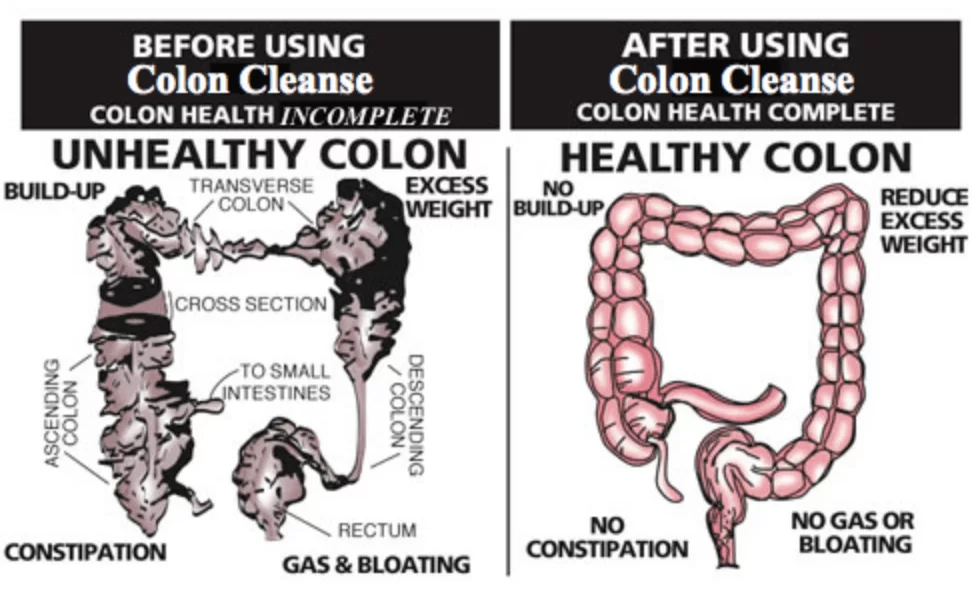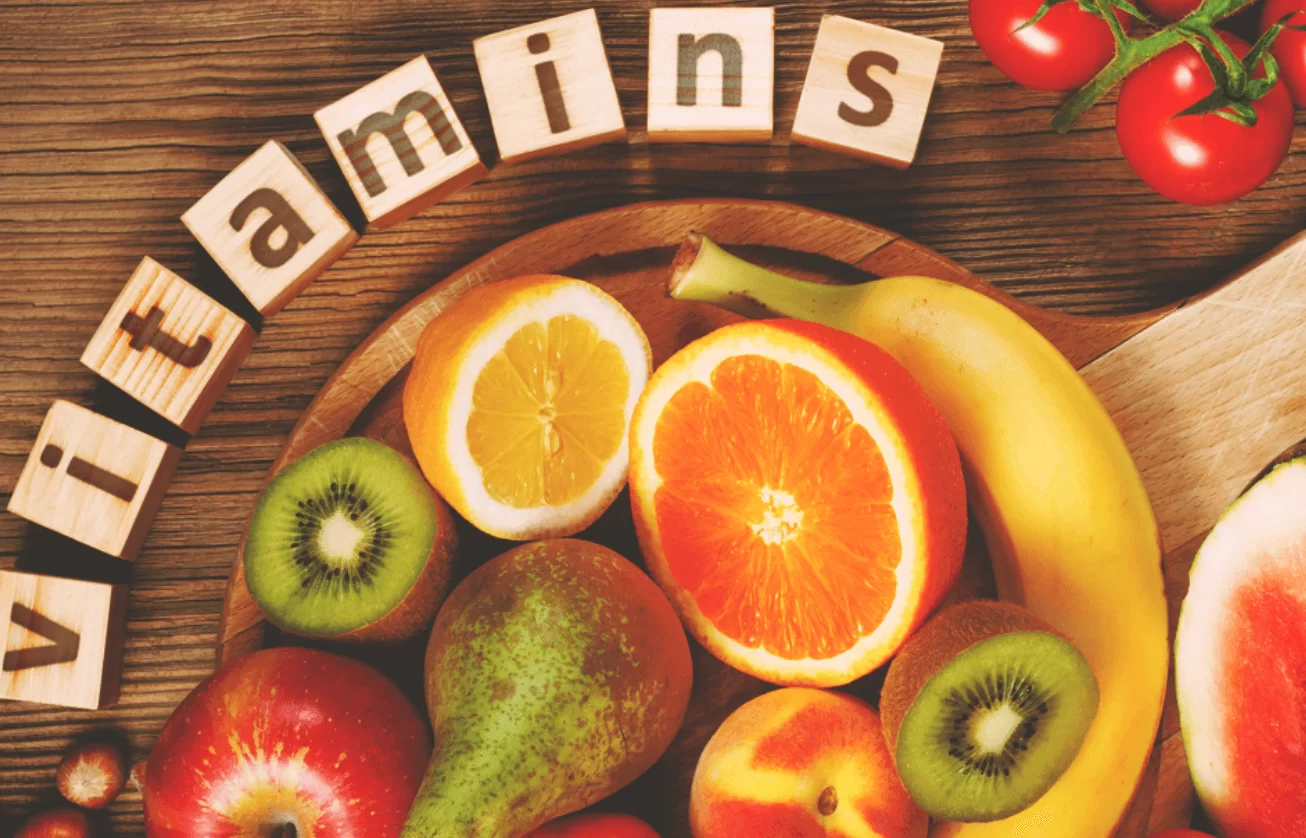
6 Powerful Natural Ways to Fix Your Vision. The human eye is an unfathomably sophisticated design, and it is undoubtedly one of the most important tools we have for processing the world around us. Despite this, we take it for granted until something goes wrong. When your vision starts to degenerate, getting glasses seems like the next logical step, but much like pharmaceutical medicines, they are sticking plasters for symptoms.
They don’t address the cause or the deeper issues behind the symptom, so although you can see better with a lens, your eyesight will continue to decline gradually. Glasses make the muscles of the eyes lazier, which just leads to poorer vision in the long term. The long-term effects of laser surgery are still unknown, and it seems a little like an expensive, brutal form of Russian roulette. There are many cases of this surgery failing after several years and the eyesight returning to the same or worse after a couple of years.
Adopt good habits to help your vision
You can make a habit of eye exercises and good habits like proper sleep, cleansing etc., and there are products available to strengthen the eye muscles, like pinhole glasses. You look through these and it makes the eyes work harder to see – the opposite of prescription glasses. There are lots of foods that will help, and a few dietary products on the market that will give your vision an extra boost. Some can repair the damage, while some can slow it down.
Eating clean is sensible for many reasons, but non-vegetarian/vegan foods, as well as trans-fat-laden foods, those with a lot of irradiated spices, additives and preservatives, are a major contributor to poor eye health. The more toxins are present in your body, the harder it has to work at keeping them from damaging your vital organs, and this includes your precious eyes.
Vision-boosting foods, supplements and remedies
Here are some of the best food sources, supplements and other remedies to give your vision the best chance at longevity:
- Vitamin A-rich foods
Dried fruit and nuts, such as raisins, figs and almonds, are great for your eyes, and they contain plenty of vitamin A. If you soak them together, when eaten in the morning on an empty stomach, the fibre and vitamins contained in this mixture will boost toxin release, positively affecting eye health.
The old adage that carrots help you see in the dark comes from the vitamin A content. Carrots have a high amount of this crucial vitamin, as well as plenty of antioxidants. Oxidative stress is one of the main causes of disease, along with acidity. Other vitamin A-rich foods are leafy green veg, oranges, and amla.
- Antioxidant-rich foods
Antioxidant-rich foods are necessary components of all diets, and this is especially so for those who have eye problems. Green tea contains plenty of antioxidants, and these reduce the oxidative damage that could cause eye problems like macular degeneration, glaucoma, and cataracts. A study done on retinal cells using polyphenols from green tea showed that they provided protection from UV light, another common challenge to our long-term vision. There are lots of antioxidant supplements you can take if you aren’t getting enough from your diet.
- Copper and Zinc
Copper is another ally if you’re looking to improve your eyesight. This micronutrient has many benefits, not least of which is its antibacterial properties. It’s often used in Ayurveda for this purpose, and copper also works well zinc, another eye-friendly mineral. Zinc allows vitamin A to produce melanin, which can protect your eyes. It also lessens the chances of developing macular degeneration as you get older.
- Ginkgo biloba
This popular herb is used for memory and circulation, and this includes improving blood flow not only to the extremities but also to the retina of your eye. This tissue is incredibly sensitive to light, and you want it to stay that way. Studies have concluded that Gingko biloba extracts can reduce the effects of glaucoma. Yet another anti-oxidant, this wonder-herb, provides protection for your nervous system, which, of course, helps the nerves in your eyes.
- Astaxanthin
Astaxanthin is a natural carotenoid made from microalgae (Haematococcus Pluvialis). It is a powerful antioxidant: given that it is 6,000 times stronger than vitamin C and 500 times stronger than vitamin E, it is not a product to be overlooked if you have eye health problems.
Astaxanthin crosses the blood-brain and blood-retina barriers, neutralising free radicals and repairing neurological dysfunction and cellular damage. Astaxanthin benefits your eyes and the brain, as well as your nervous system. It also has anti-inflammatory properties.
- Sananga
Sananga is a lesser-known Shamanic remedy used in the Amazon by indigenous tribes. Made from the roots and bark of the Tabernaemontana undulata shrub, it is used to treat both physical and spiritual ailments and was traditionally used to clear the mind and balance energies, enhancing perception and focus. It was also used (and still is today) to deal with serious eye problems such as astigmatism, myopia, cataracts, glaucoma and blindness.
Sananga is prepared in the form of eye drops, which are famous for stinging quite intensely for the first minute or so; but the idea here is ‘no pain, no gain’, and as Sananga is reported to cure all kinds of eye diseases with as little as 1 drop per eye, per day for at least a month, some may find this a much more viable alternative than laser treatment.
So it seems that with a little effort and discipline, it isn’t so difficult to maintain this crucial sense. Feel free to get in touch with MediMush about other products we have that can boost your all-around health and eyesight.




 Are you Dangerously Deficient in Iodine? Why Almost Everyone is...
Are you Dangerously Deficient in Iodine? Why Almost Everyone is...
 4 Easy Ways to get Enough Bioavailable Vitamin C
4 Easy Ways to get Enough Bioavailable Vitamin C

.png)









